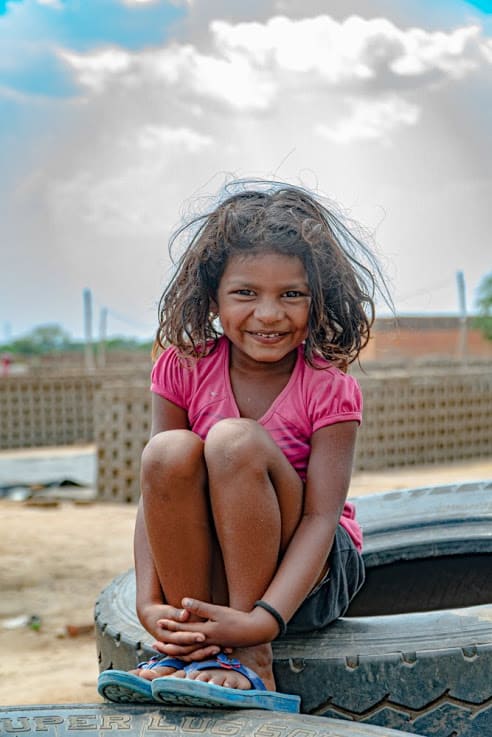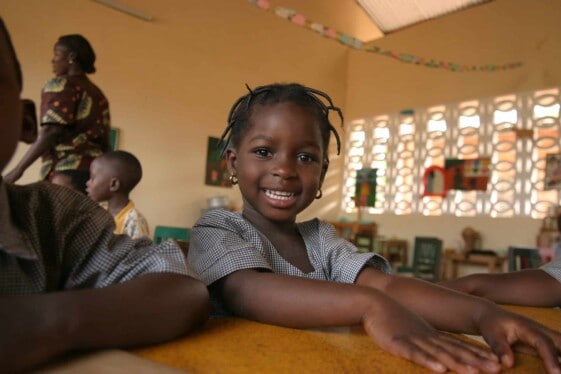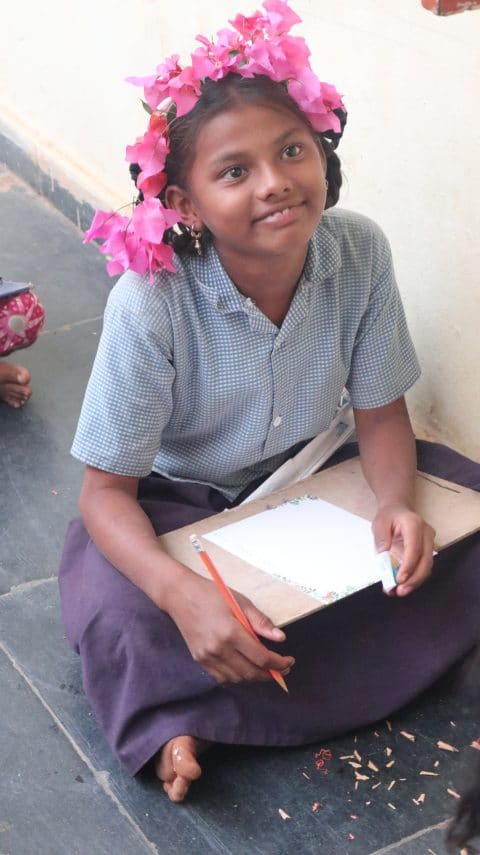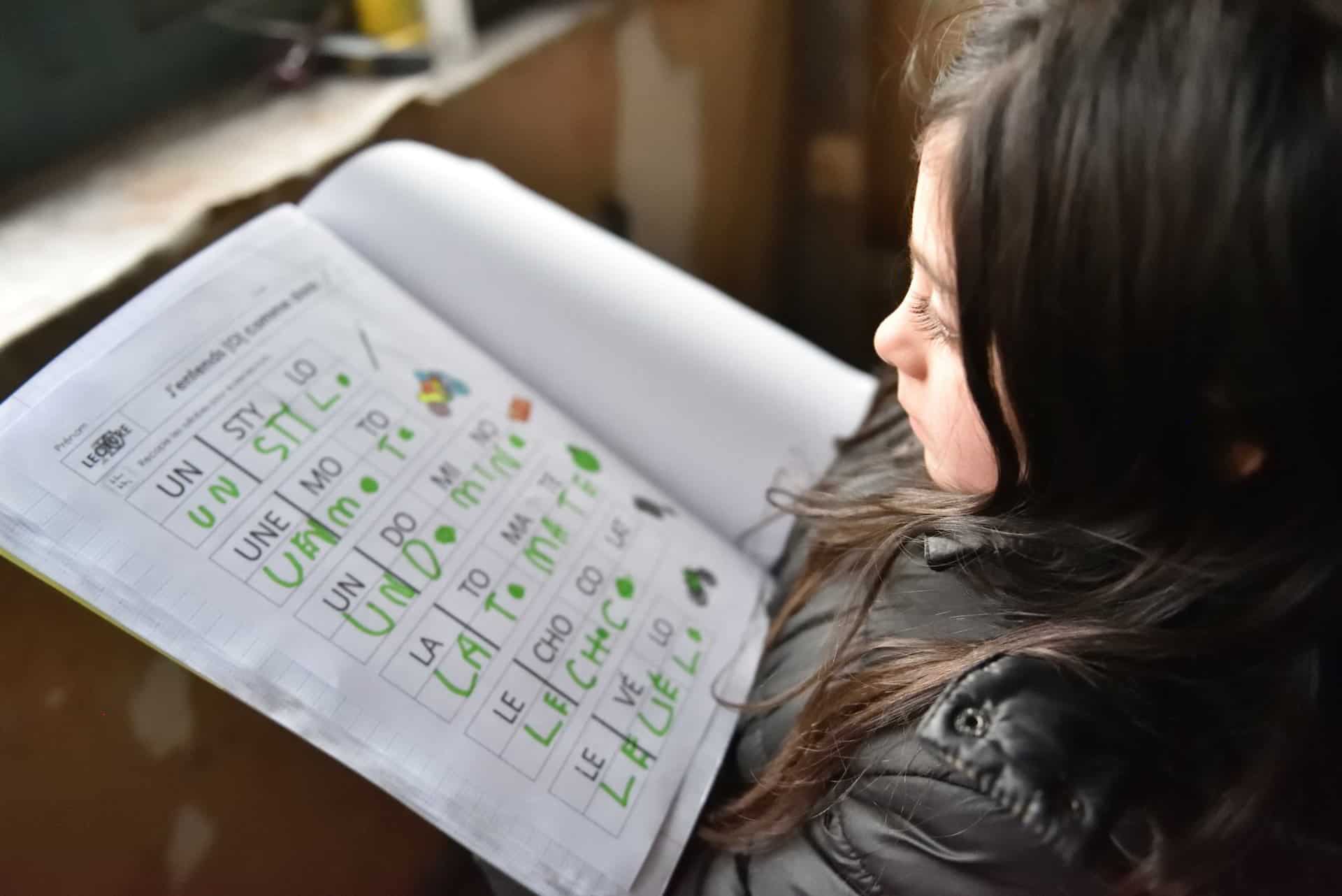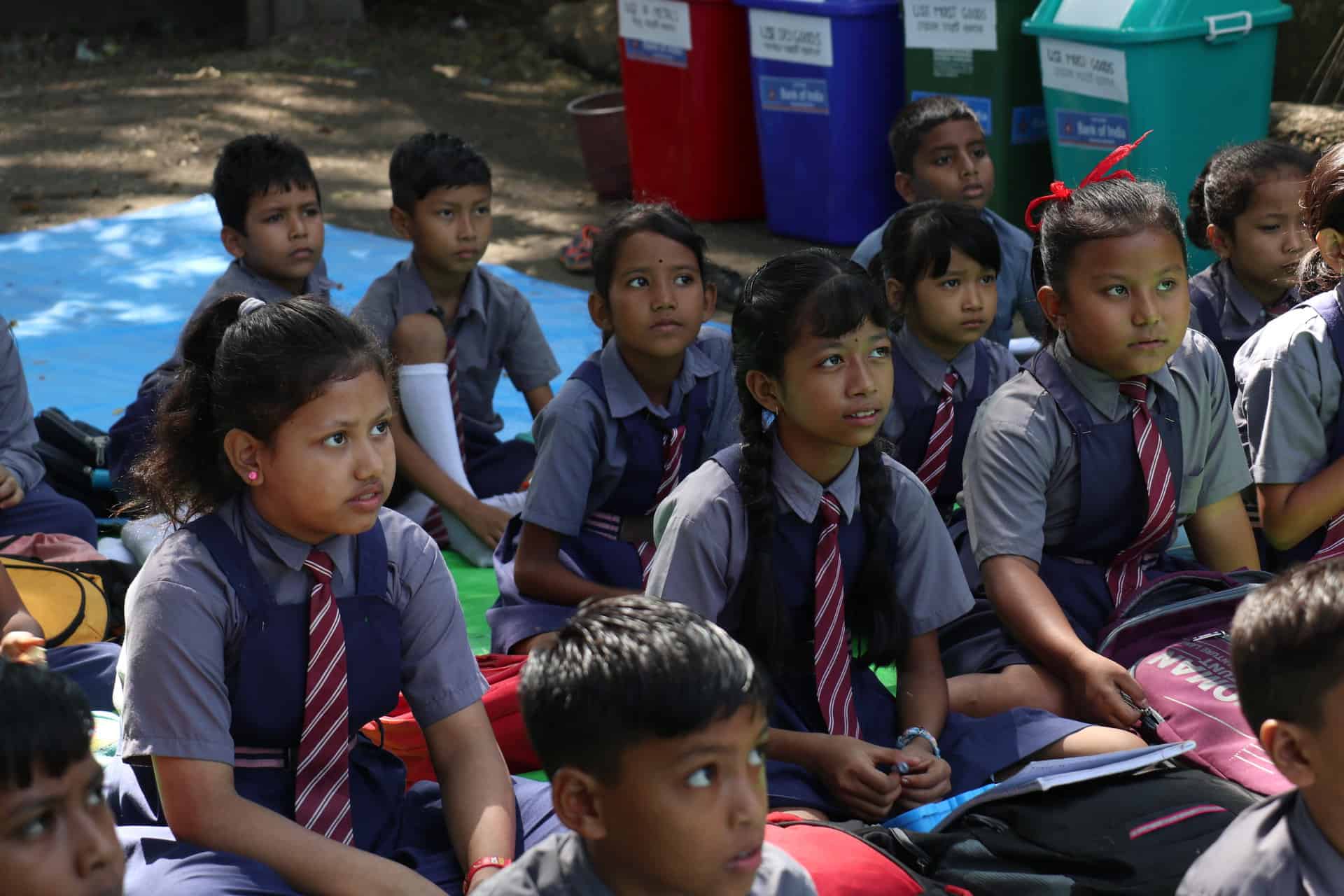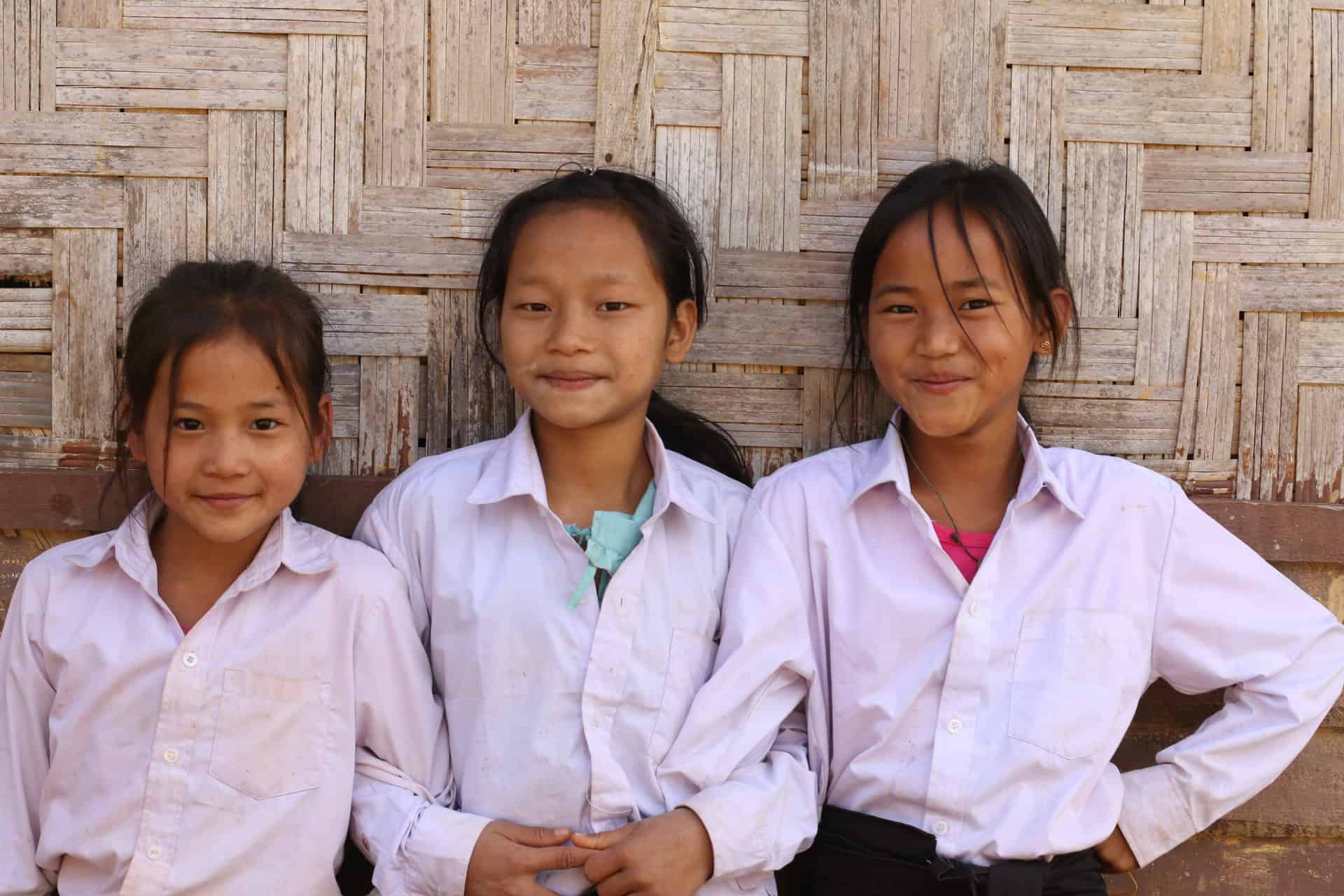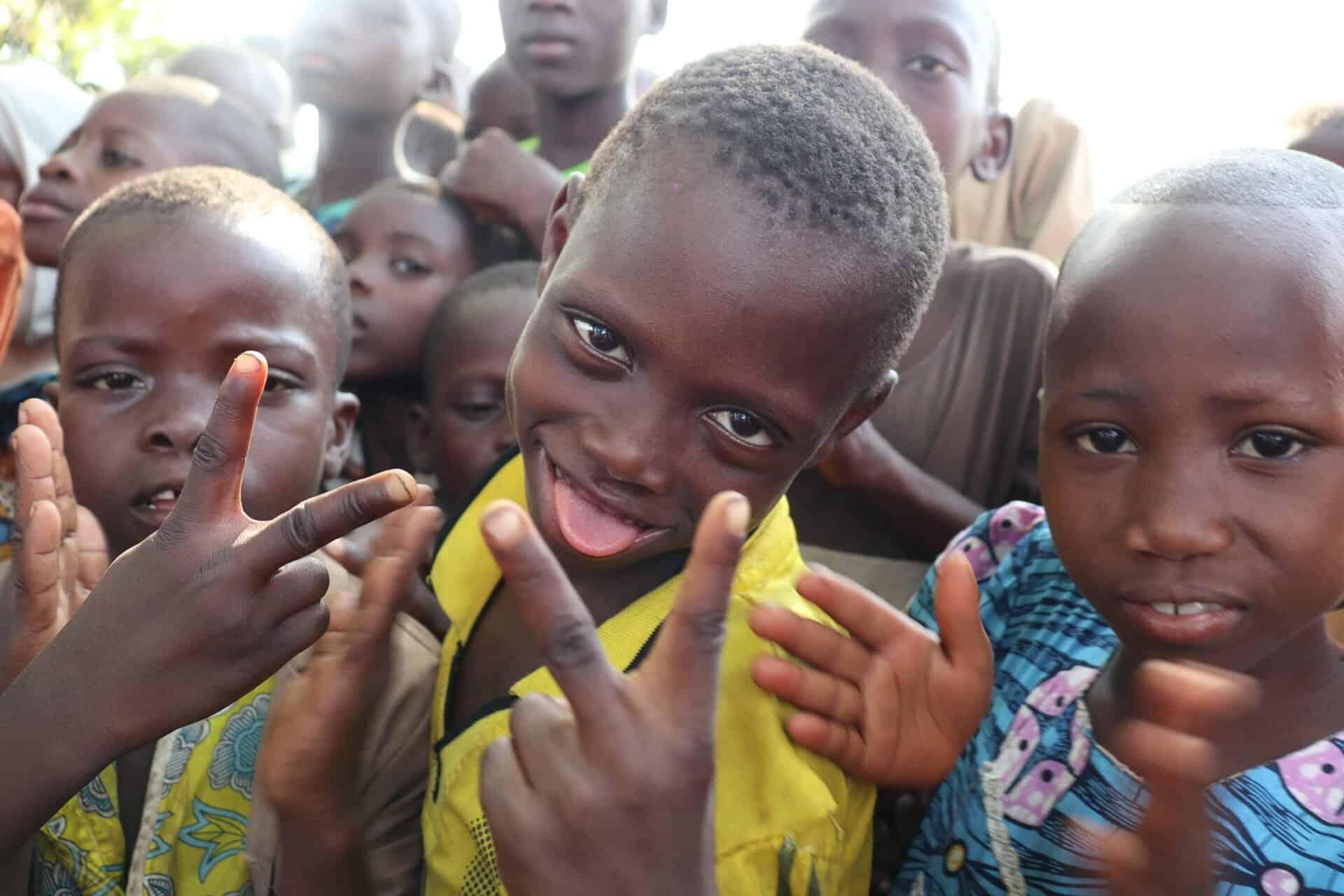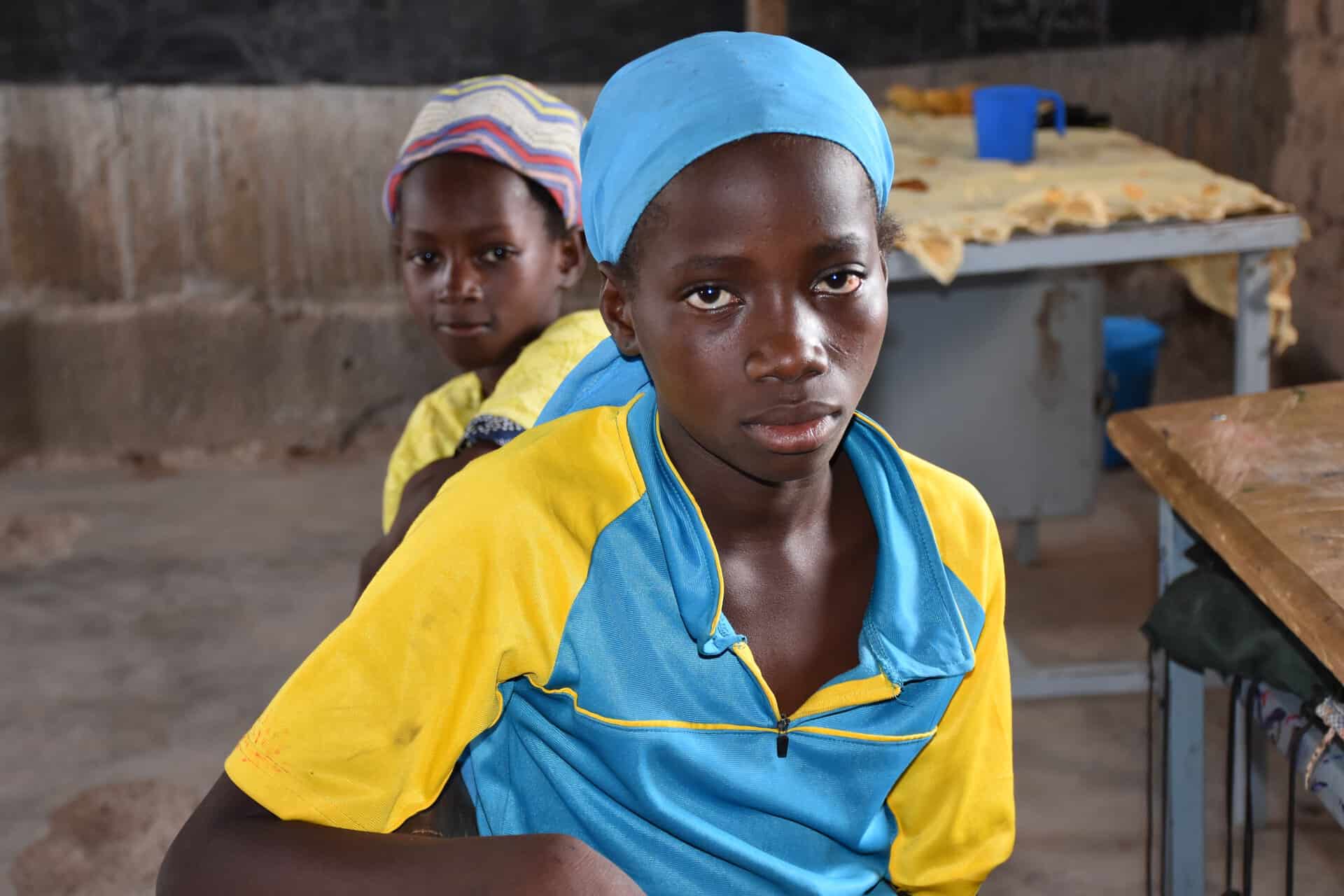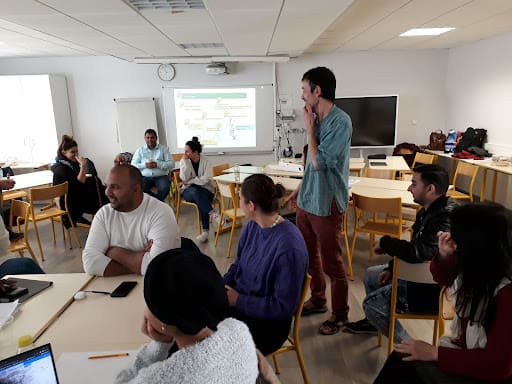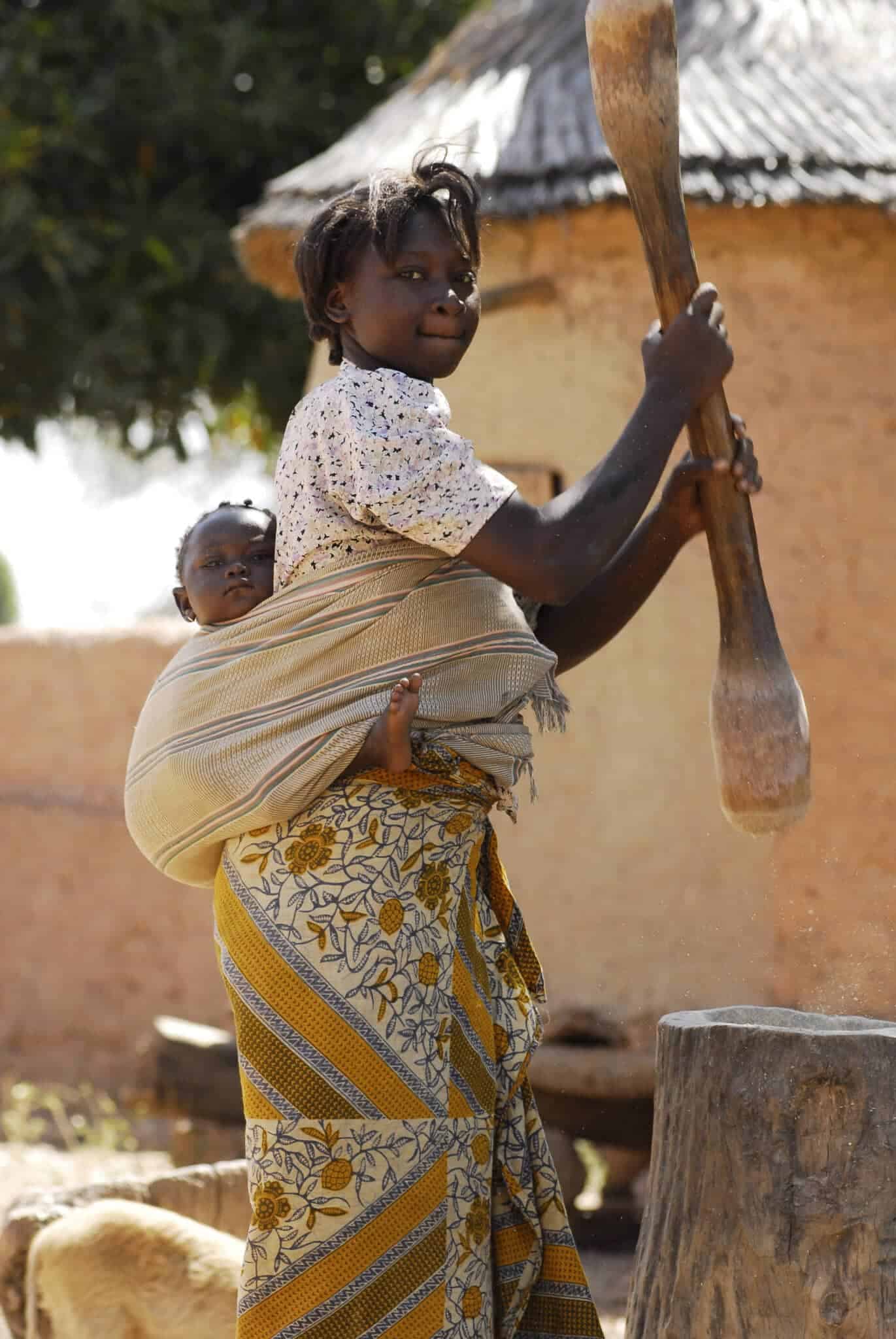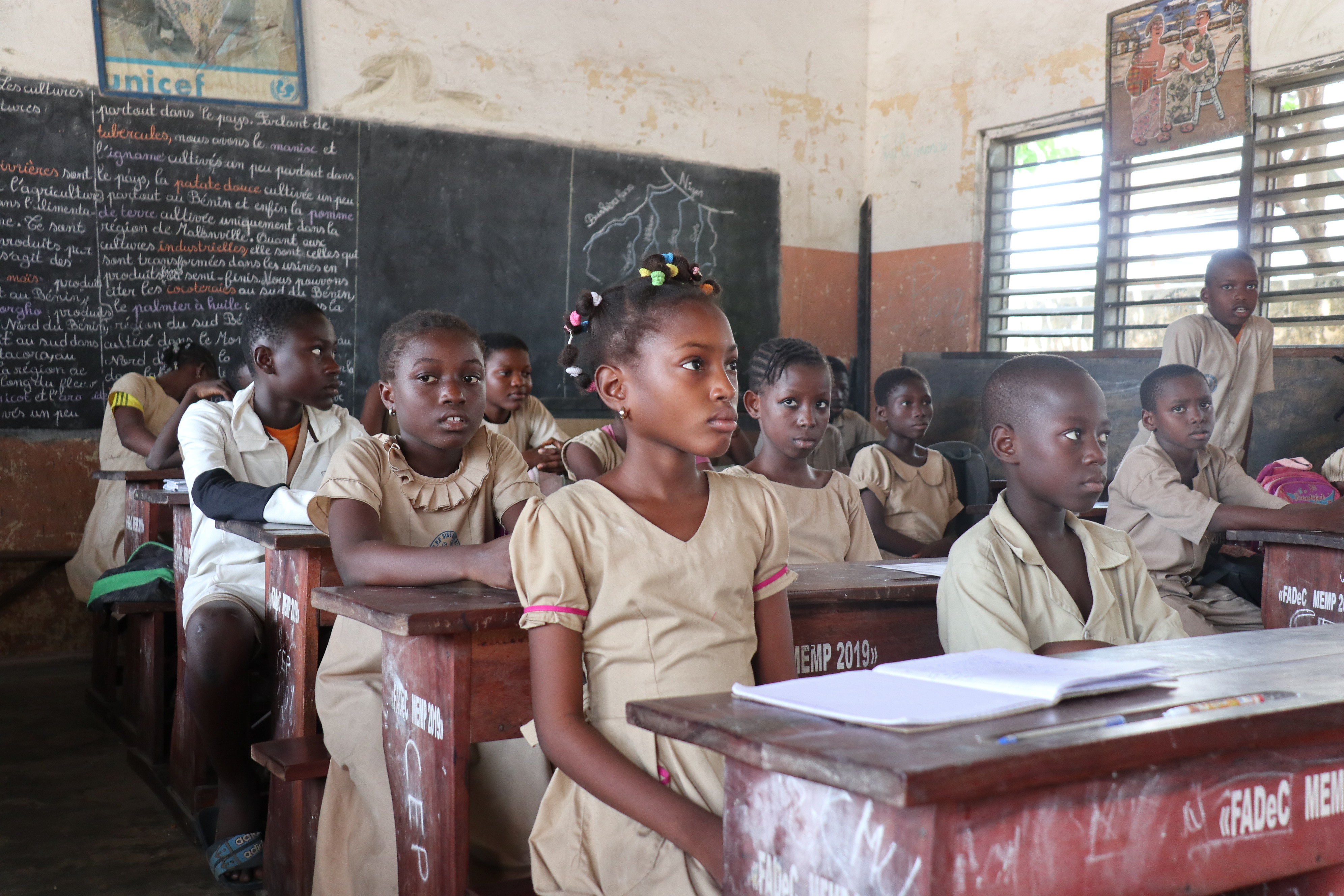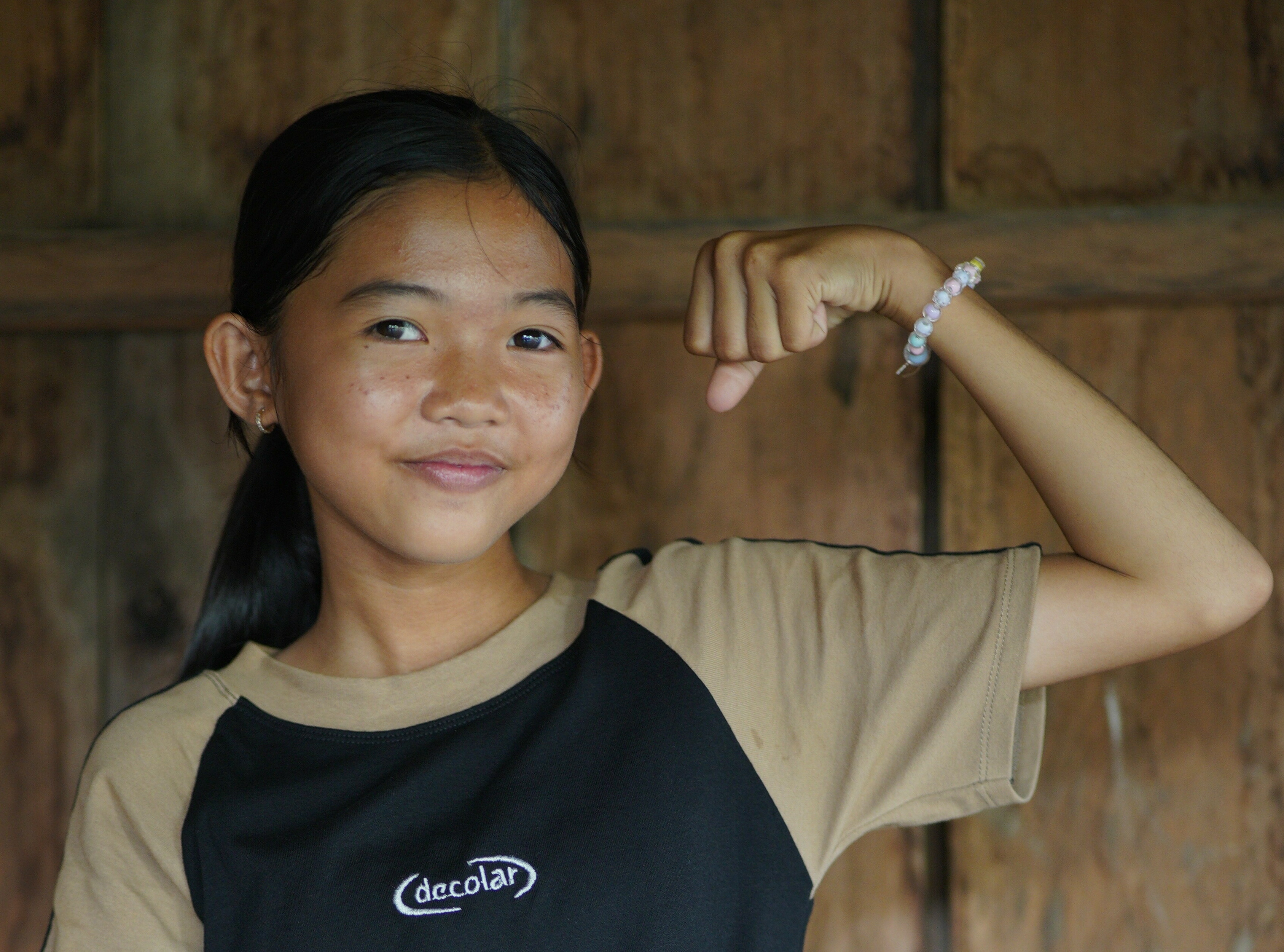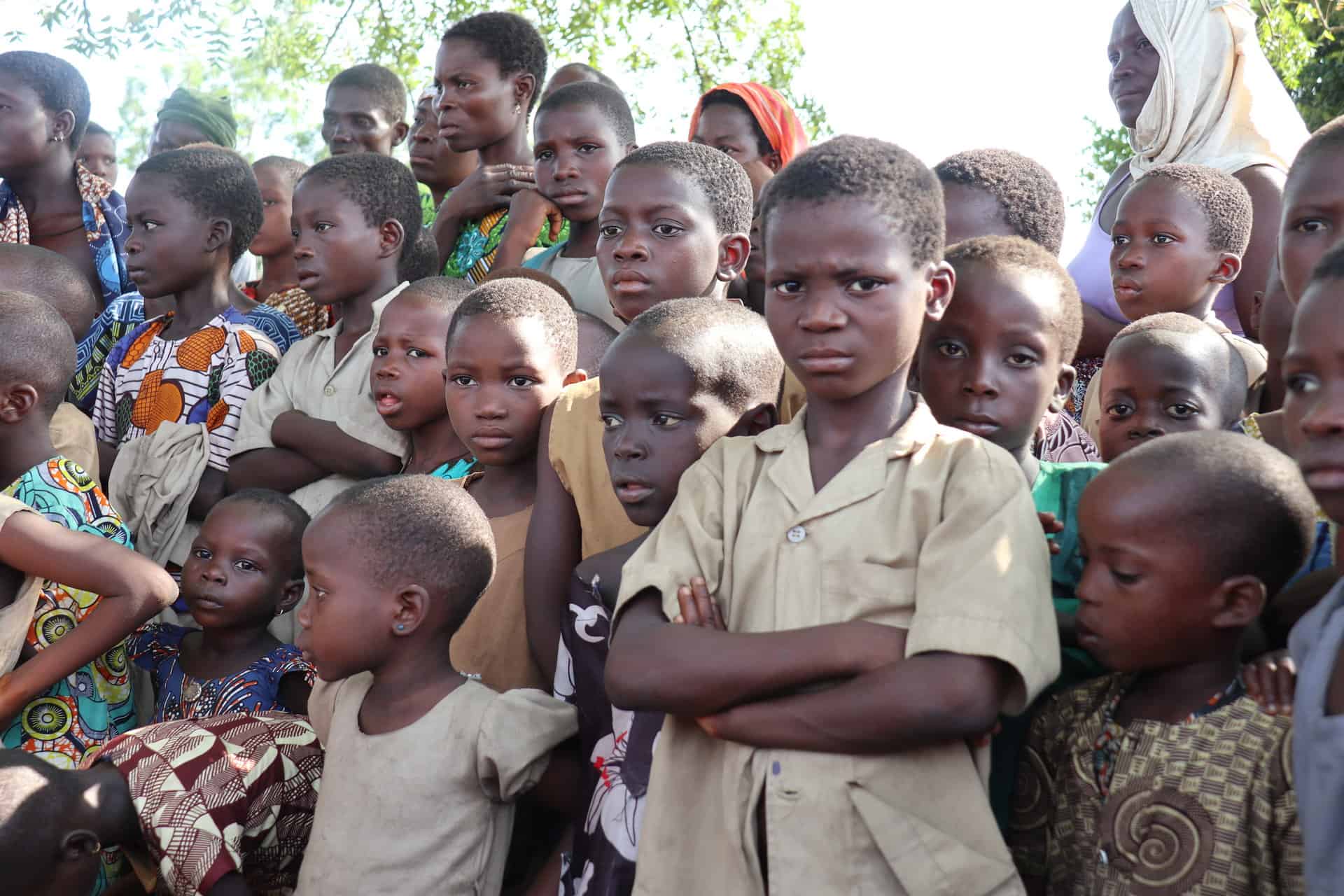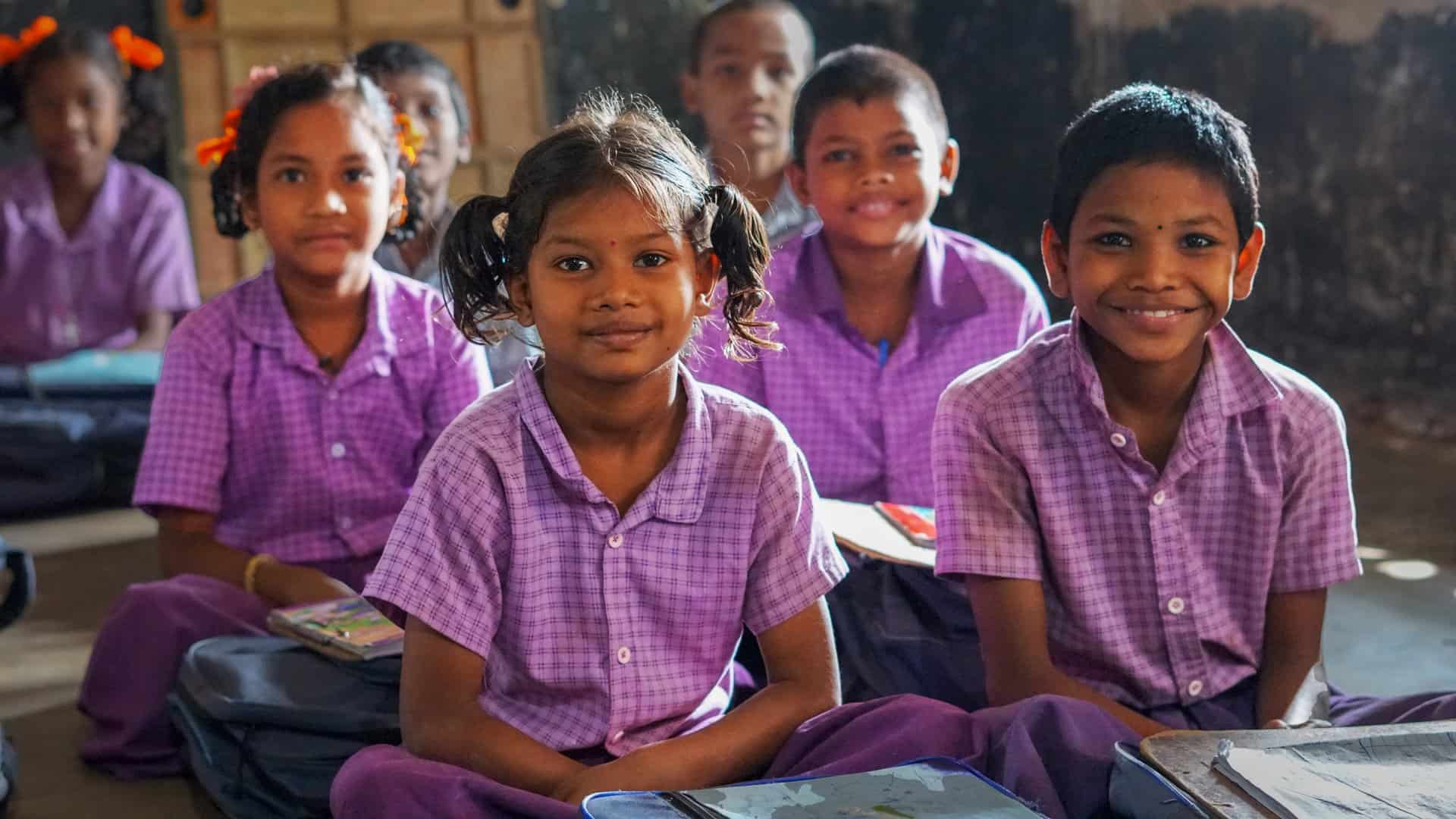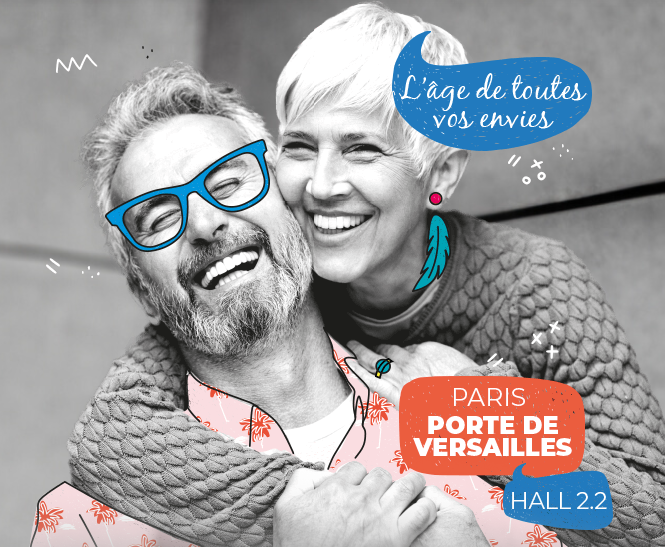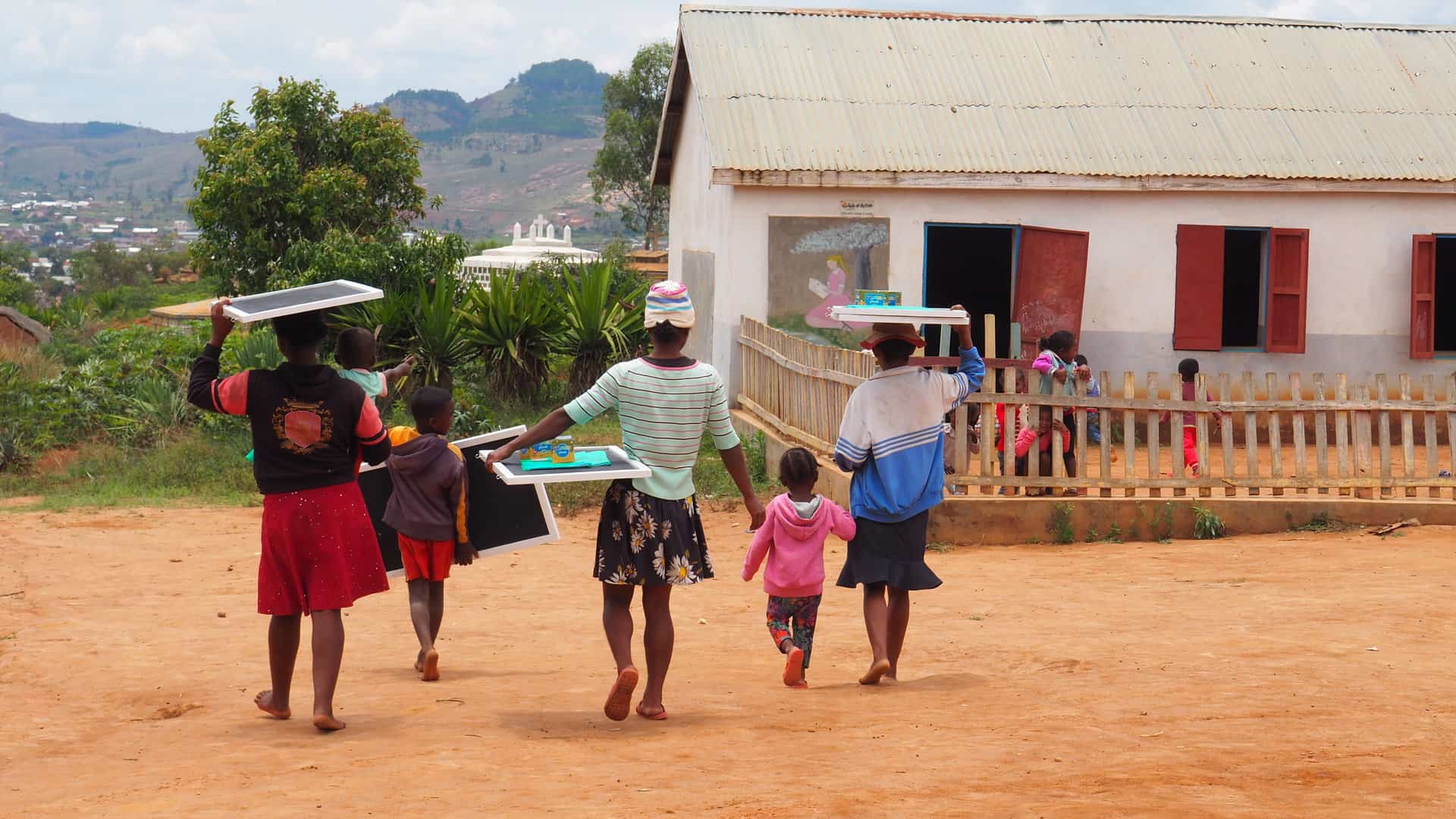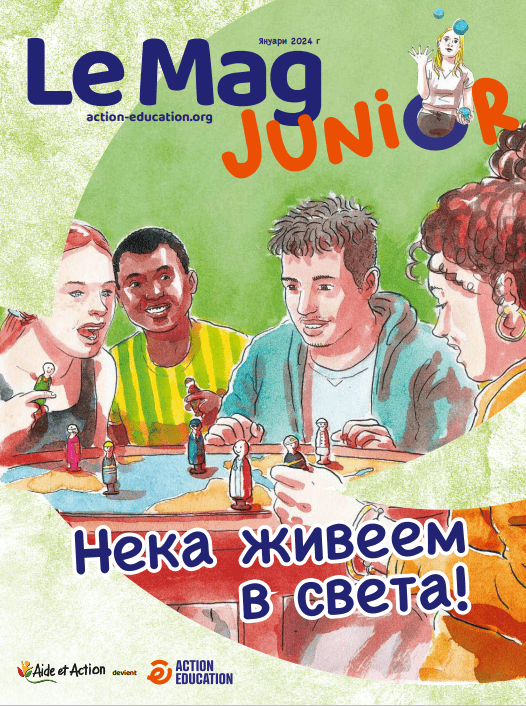Defending the right to education for all

Action Education is fully committed to making the the right to education for all : young people, girls and women, adults and children, etc. This right is enshrined in fundamental texts such as the Declaration of the Rights of Man and of the Citizen and the Universal Declaration of Human Rights. International Convention on the Rights of the Child (CRC). It is a fundamental, non-negotiable and compulsory right that guarantees every individual the opportunity to learn the skills and attitudes that will enable them to develop as citizens, defend their rights, hold a job and support their family.
The right to education under the CIDE
The Convention on the Rights of the Child (CRC)The Convention on the Rights of the Child (CRC), adopted in 1989 by the United Nations, is the first binding text to make the under-18s subjects of fundamental, obligatory and non-negotiable rights (civil, economic, social, etc.). The CRC contains 54 articles, including the the child's right to education.
The 197 States that have ratified the CRC undertake to :
- To foster the development of the child's personality, talents and mental and physical abilities to their fullest potential;
- Teach children to respect human rights and fundamental freedoms, and the principles enshrined in the United Nations Charter;
- To instil in children respect for their parents, their identity, their language and their cultural values, as well as respect for the national values of the country in which they live.
They are committed to improving education around the world as part of their solidarity and international development policy.
The right to education is also enshrined in the Universal Declaration of Human Rights since 1789.
This human right, which is enshrined in the SDGs and in the constitutions and laws of states, is fundamental to the exercise of other rights. The signatory states undertake to respect, protect and implement it.
Many states, including France, have also included the the right to free, compulsory and accessible education for allin their constitution.
The limits to the application of the right to education and the scourge of child labour
However, more than 30 years after the adoption of the CRC, the right to education for all is still struggling to be respected.
More than 259 million children are not in school: 59 million of primary school age, 62 million of lower secondary school age and 138 million of upper secondary school age. Only 99 out of 193 countries recognised by the UN legally guarantee at least 12 years of free education (UIS, 2018).
In addition to the phenomenon of non-enrolment, the child labour is another scourge fuelled by the extreme poverty in which many families live. Even today, 160 million children are exposed to work, and half of them perform dangerous tasks (ILO, 2020).
How does Action Education defend the right to education?
At Action Education, we believe that lifelong education is the key to a fairer world. Our mission is to enable all the people we work with to acquire the necessary skills.
For more than 40 years, Action Education has been implementing advocacy actions and field projects to ensure that the right to education for everyone, everywhere in the world, is respected.
We focus our actions on those populations most at risk of inequality, including children, girls and women, to remove all the barriers that currently prevent their access to education. education.
We are currently running more than 90 projects in Asia, Africa and Europe to ensure lifelong learning for all. quality educationthrough actions such as :
- construction and development of schools;
- improvement of school environments (construction of wells, sanitation systems, latrines, etc.);
- Training of teachers, administrative staff and communities for better school management;
- Raising awareness of the importance of education among children and adults ;
- Advocacy with local administrations and governments to improve the effectiveness of the right to education in all our countries of intervention.

Educating future citizens
In several of the countries where we operate, we are setting up school governments in primary schools. This initiative is fully in line with the right to participation enshrined in the CRC.
A group of students, democratically elected by the others, is responsible for the different aspects of school life: environment, cleanliness, schoolyard, canteen...
This encourages children's participation in issues that concern them directly and makes them more responsible. They develop a social and civic awareness and give them the opportunity to work on their oral and written language skills in a different way, to make themselves heard and to express their ideas.

Protecting children's health
Action Education believes that it is necessary to ensure the well-being and rights of all children in order to guarantee their access to quality education.
One of our priorities is therefore to provide children with a healthy environment. This means installing gender-specific latrines so that young girls can go to the toilet and avoid harassment. As well as giving importance to nutrition, it is necessary to ensure that children are neither deprived nor malnourished. Poor sanitary conditions have a considerable impact on children's education. Repeated illness leads to absenteeism and discourages parents from sending their children to school.
We also attach particular importance to the nutrition of the children we accompany.

Combating child labour
Children are also exposed to the dangers of trafficking and forced labour. In the world today, 160 million children are still forced to work, half of them in dangerous jobs.
Our priority is to ensure that no child is at risk of abuse, neglect or exploitation such as early marriage, rape, prostitution, child labour, abandonment, trafficking or drug addiction.
To do this, we are raising awareness in communities and developing preventive measures to provide effective support to families so that their children are in school and not at work.
Our projects
for the right to education
Our news
on the right to education
Going further
Discover our other fights
Want to know more about our advocacy work?
Contact Vanessa Martin Advocacy Officer at Action Education

